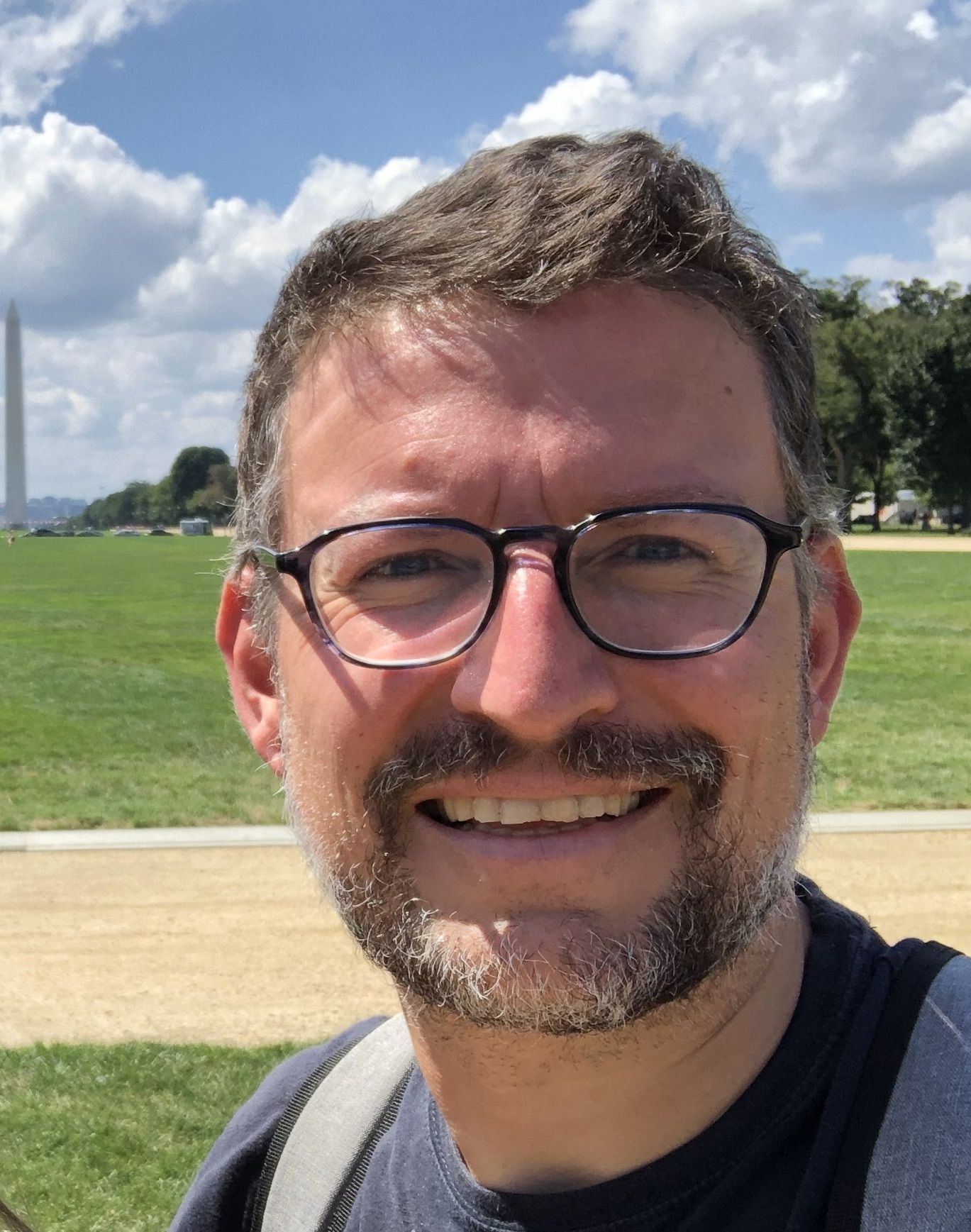Alternative publishing platforms: where do we stand in 2023?
Alternative publishing platforms represent a move away from the traditional journal as an organising principle and might differ from traditional scholarly journals in a number of ways, including publication process, governance, and underlying infrastructure. They can be regarded as examples of real innovative, open access scholarly communication or as effective "threat infrastructures" to traditional journals. In both these aspects, they relate quite well with the idea of reimagining open science for next generations and of disrupting scholarly publishing.
These different platforms all have different aims, such as seeking to remove the barriers, constraints and costs imposed by legacy academic publishing companies, reduce questionable practices, or make research more deeply accessible and reusable. They also feature different ways of operation, different innovations, different business models and different structures of governance. Describing this diversity and knowing the directions in which these platforms are driving innovation, will allow insight into what can be a confusing landscape.
Therefore, in 2022, a Knowledge Exchange task group started a project exploring what Alternative Publishing Platforms do and how they can be placed in the open scholarly communication ecosystem. In order to help guide conversations, we first published a Knowledge Exchange (KE) scoping paper. The next step has been to identify and better understand the individual platforms. Therefore a survey has been conducted to reach out to different platforms. The survey includes questions regarding, among others, governance and ownership, content selection, publication process, copyright and licensing. The entries will contribute to the proposed taxonomy of Alternative Publishing Platforms.
In this presentation we will present the first results of this taxonomy as well as a prototype to present this taxonomy in a way it can function as a practical guide for researchers, institutions, libraries and funders when assessing these platforms.
